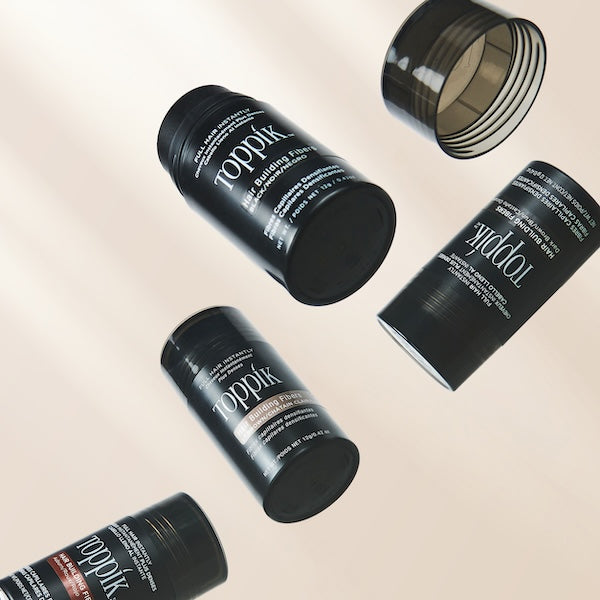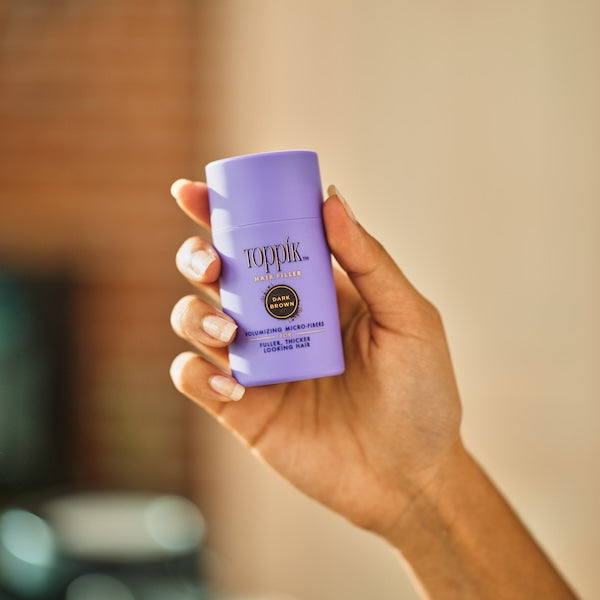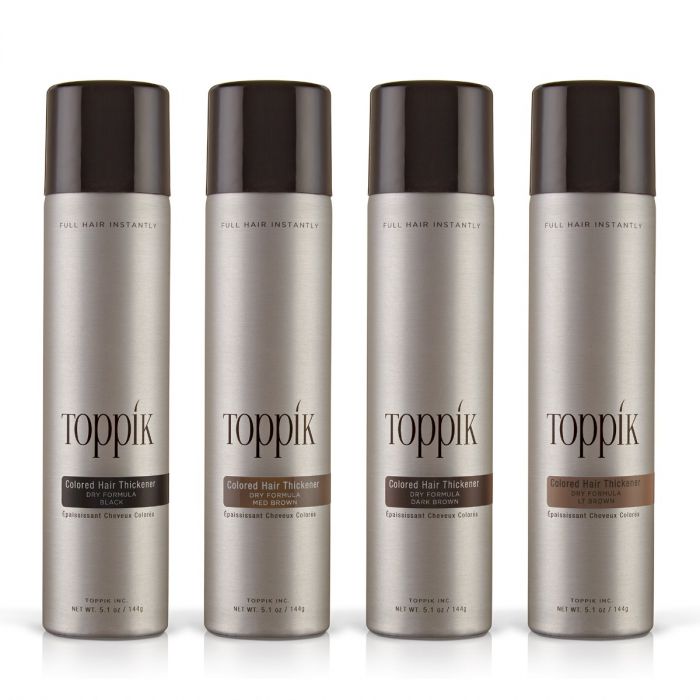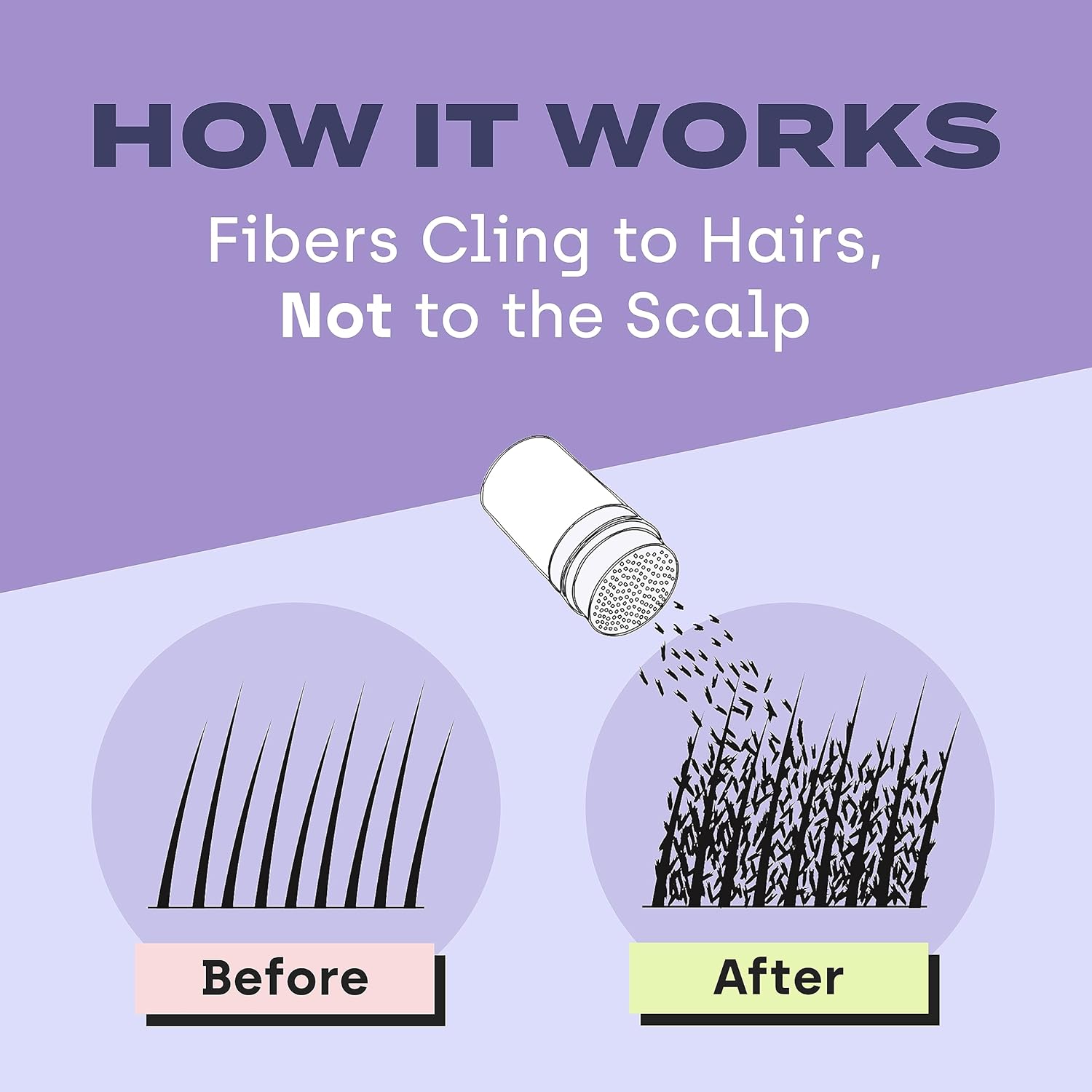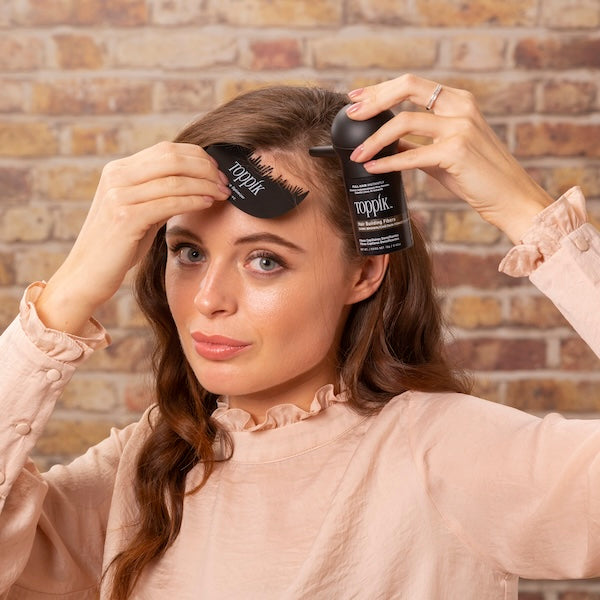Selenium is a trace mineral that plays many important roles in the body, including helping with hair growth. For this reason, many hair loss supplements these days include selenium in their ingredients. However, too much selenium can actually contribute to hair loss. Keep reading to learn more about selenium hair loss, and how much selenium you need for healthy hair growth.
If you’re facing hair loss, turn to Toppik Hair Building Fibers. Toppik can instantly disguise thinning and cover scalp show-through, to boost your confidence while you look for treatment options.
Selenium Benefits
Selenium has many benefits for hair, including:- Selenium kills dandruff-causing fungus, which is why it’s an important ingredient in many dandruff treatments.
- Selenium is essential for the production of the thyroid hormones that help to regulate hair growth, says health author Mary Shomon.
- Free radicals can contribute to damage that weakens hair follicles. A 2008 clinical study in Australia found that selenium helps to regenerate antioxidants in the body that neutralize these free radicals.
The Link Between Selenium Deficiency and Hair Loss
Selenium deficiencies can occur when the blood isn’t able to properly absorb selenium. Some reasons for selenium deficiencies include drinking alcohol, smoking cigarettes, and taking birth control pills. Symptoms of selenium deficiency include fatigue, difficulty concentrating, and hair loss. 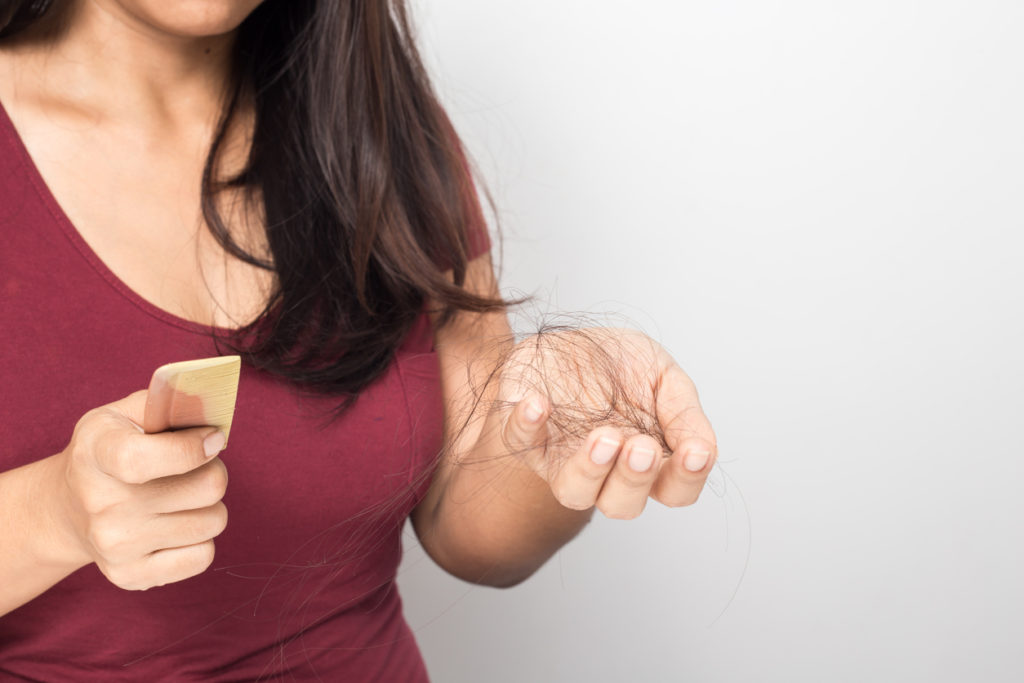 However, selenium deficiencies are quite rare. If you suspect that you have a selenium deficiency, speak to your doctor about what you can do to improve your selenium absorption.
However, selenium deficiencies are quite rare. If you suspect that you have a selenium deficiency, speak to your doctor about what you can do to improve your selenium absorption.
If you have selenium hair loss (or any type of hair loss), you can use Toppik Hair Fibers to fill in sparse areas and make hair look thicker instantly.
Excess Selenium Hair Loss
On the other hand, excess amounts of selenium can also contribute to hair loss in some individuals. According to researchers at the University of Surrey, consuming too much selenium creates too many antioxidant enzymes. This surplus of antioxidant enzymes causes the body to attack its own cells, including those in hair follicles. This can result in patchy hair loss.The Right Amount of Selenium for Hair Growth
One way to make sure you’re getting enough selenium for hair growth is by incorporating more selenium-rich foods into your diet. Foods rich in selenium include nuts, beef, tuna, eggs, beans, oatmeal and spinach.
However, you don’t need to eat many of these foods to make sure you’re getting enough selenium. The Huntington College of Health Sciences recommends a daily intake of 25 mcg to 50 mcg of selenium. A single large Brazil nut contains 140 mcg of selenium, so it’s usually quite easy to get enough selenium in your diet.  1 Brazil nut contains about 140 mcg of Selenium
1 Brazil nut contains about 140 mcg of Selenium
If, however, you can’t get enough selenium from your diet alone, you can also take a selenium supplement. Just be careful to follow the recommended dosage to avoid the risk of excess selenium hair loss, as we mentioned. According to WebMD, the maximum safe intake of selenium for adults is 400 mcg per day. So keep this in mind if you are taking a selenium supplement.
Even if you’re eating a selenium-rich diet to address any selenium deficiencies, it can take several months for noticeable hair growth to occur. In the meantime, you can use Toppik Hair Building Fibers to disguise areas of thinness. And style hair with Toppik Hair Fattener Advanced Thickening Serum to add extra volume and body to fine or thin hair.
Remember, taking a selenium supplement only helps with hair loss caused by a selenium deficiency. However, getting an adequate amount of selenium in your diet is essential for regular hair growth, so make sure you’re eating just the right amount of selenium-rich foods. To confirm if you could have a selenium or other nutrient deficiency, talk to your doctor.

